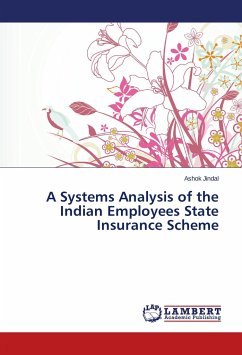In order to acquire a seat at the highest table and to deal with a severe balance payment crisis, India began a process of economic liberalisation in 1991. The liberalisation process has impacted the conditions of Indian labour in the organised and unorganised sectors. The conditions of Indian labour after economic liberalisation have improved with regard to wages, employment growth, productivity, and industrial disputes. However, there has been disappointment with regard to labour welfare, social security, employment growth, human resources development and management and trade union membership. The reasons for the lack of progress range from a lack of political consensus to poor governance at the political and the administrative level. India is a young country with an ageing economy and in order to benefit from the economic reform, it has to ensure a balance between the market economy and the interests of Indian labour as a whole and develop and apply a set of regulations withinwhich the market economy can work.
Bitte wählen Sie Ihr Anliegen aus.
Rechnungen
Retourenschein anfordern
Bestellstatus
Storno








